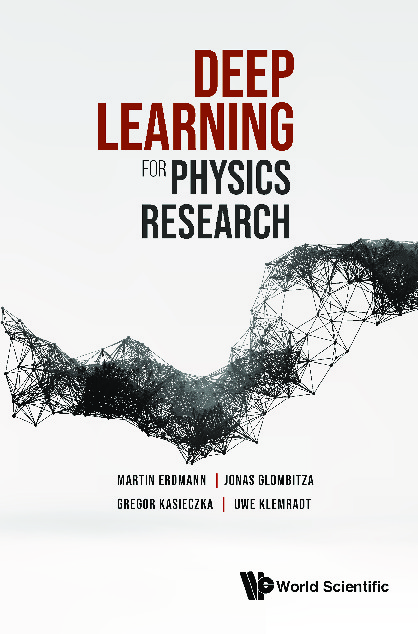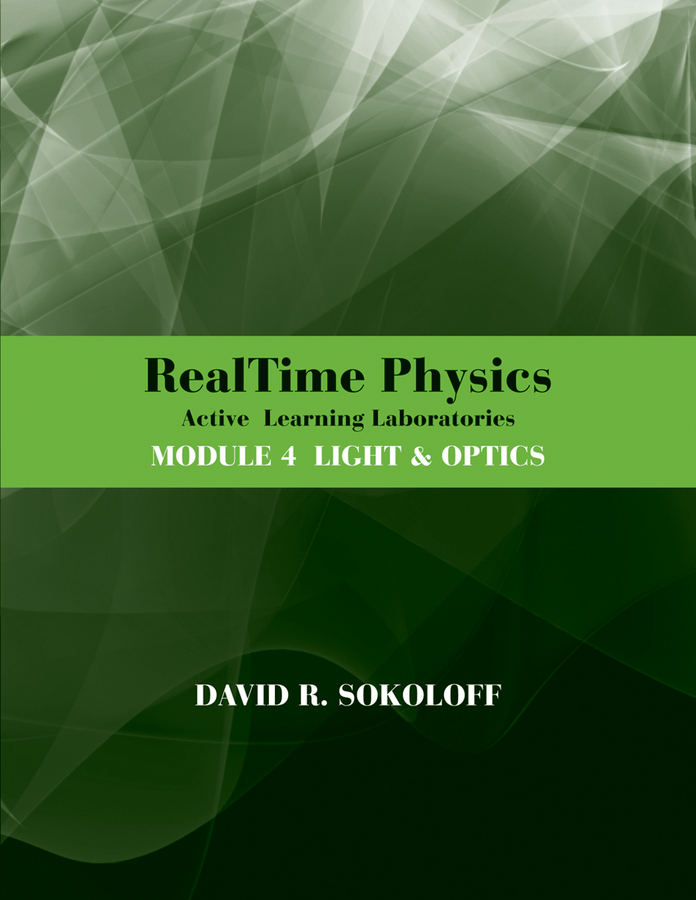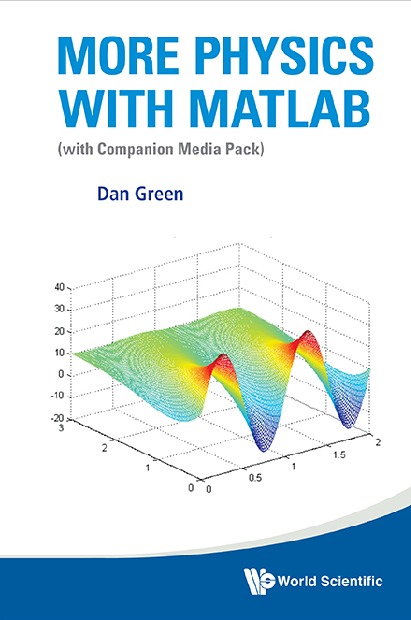CLCO4-3
LanguageENG
PublishYear2021
publishCompany
WSPC
EISBN
9789811237461
PISBN
9789811237454
- Product Details
- Contents
- More About the Author
A core principle of physics is knowledge gained from data. Thus, deep learning has instantly entered physics and may become a new paradigm in basic and applied research.This textbook addresses physics students and physicists who want to understand what deep learning actually means, and what is the potential for their own scientific projects. Being familiar with linear algebra and parameter optimization is sufficient to jump-start deep learning. Adopting a pragmatic approach, basic and advanced applications in physics research are described. Also offered are simple hands-on exercises for implementing deep networks for which python code and training data can be downloaded.
Martin Erdmann is a Professor of Experimental Physics at RWTH Aachen University. His research group contributes to the CMS experiment at CERN on topics in Higgs physics and to the Pierre Auger Observatory in Argentina on ultra-high-energy cosmic rays. He is particularly interested in the development and application of current analysis technologies to answer challenging scientific questions. He is a lecturer in all basic lectures of experimental physics, initiator of the Deep Learning lecture series at RWTH Aachen University and an experienced author of textbooks.Jonas Glombitza is a research assistant at RWTH Aachen University. His field of research is astroparticle physics with emphasis on the development of deep-learning-based reconstruction algorithms and simulations using generative models. Within the Pierre Auger Collaboration, he is the head of the Machine Learning group. He is a lecturer of the lecture series Deep Learning at RWTH Aachen University and teaches machine learning in international practical tutorials and workshops.Gregor Kasieczka received his PhD from Heidelberg University in 2013 and after a postdoc at ETH Zurich, he joined the University of Hamburg as a Professor of Experimental Particle Physics in 2017. His research is focused on searching for new phenomena with the CMS experiment at the CERN LHC, exploring interactions of the Higgs boson, and developing creative and powerful applications of machine learning to particle physics challenges.Uwe Klemradt is a Professor of Experimental Physics at RWTH Aachen University. His research group investigates nanoscale structures and fluctuations in condensed matter by X-ray scattering and acoustic emission spectroscopy. He is particularly interested in thin films, nanoparticles and ferroic materials, as well as in the application of present-day analysis to materials physics. His teaching includes experimental physics for students from all disciplines. He is the co-initiator of the Deep Learning lecture series at RWTH Aachen University and has contributed to several textbooks.
Collected by
- Stanford University











